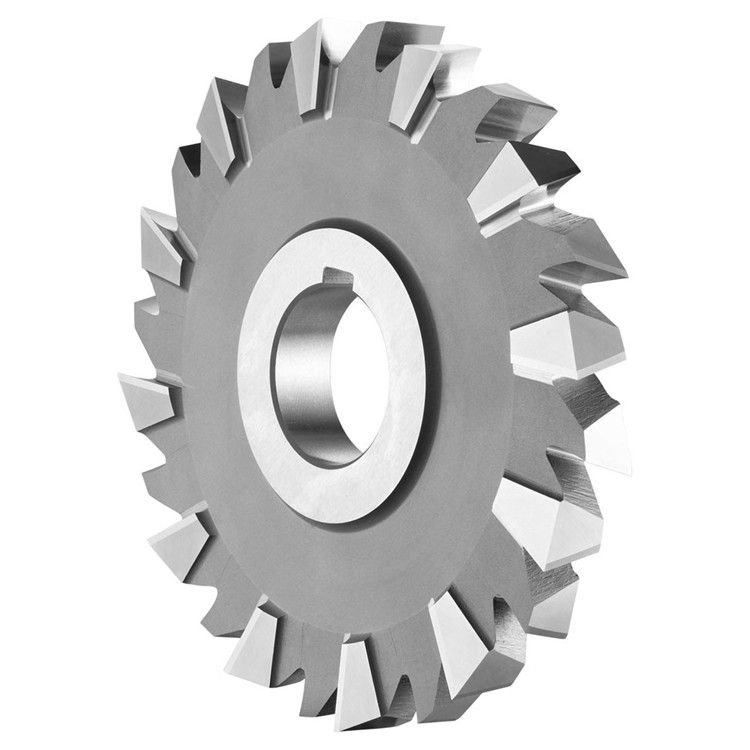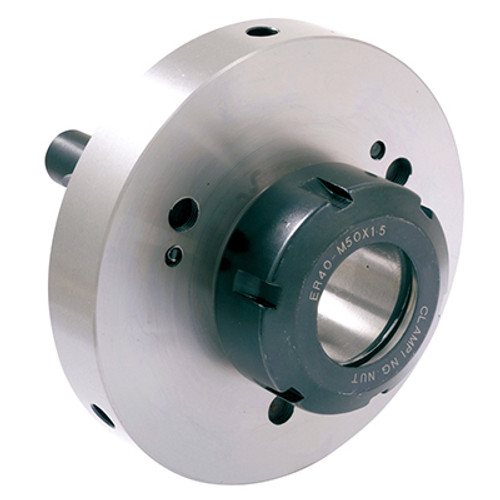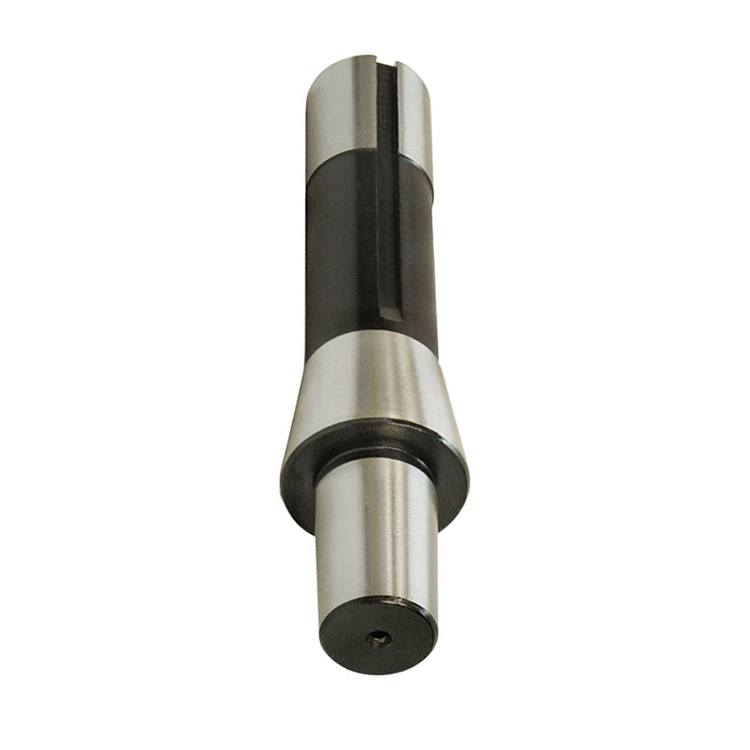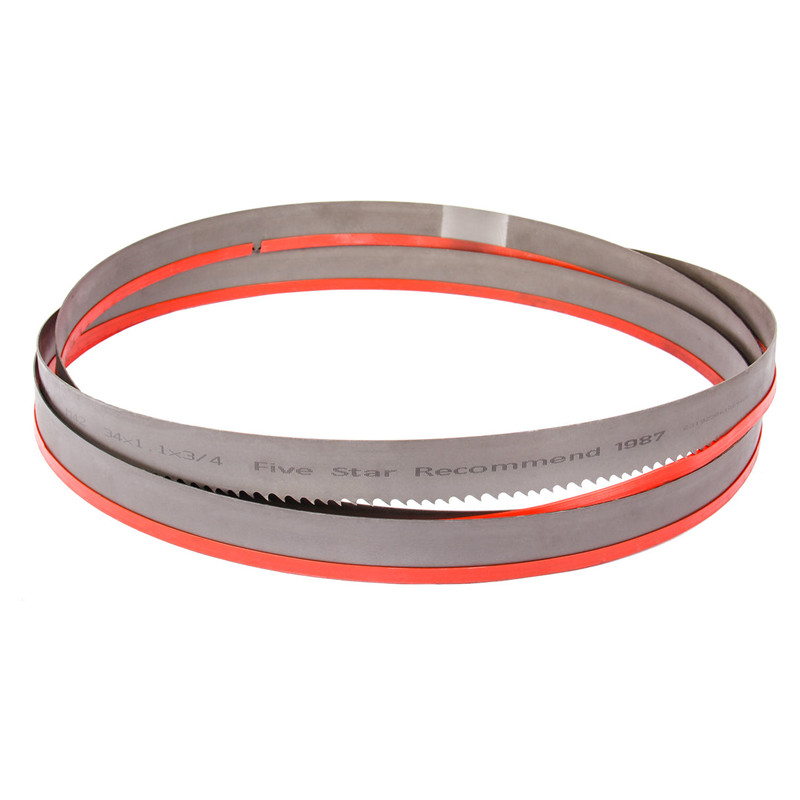threading tool Manufacturers
Choosing the right threading tool manufacturers is crucial for ensuring precision, efficiency, and cost-effectiveness in your operations. This guide explores the key factors to consider when selecting a supplier, different types of threading tools, common applications, and essential tips for maximizing the lifespan of your tools. By understanding these aspects, you can make informed decisions and partner with a manufacturer who can meet your specific needs.
Understanding Threading Tool Manufacturers and Their Importance
Threading tool manufacturers play a vital role in various industries, providing the tools necessary to create screw threads on materials like metal, plastic, and wood. The quality and precision of these tools directly impact the integrity and functionality of the final product.
Why Choose the Right Manufacturer?
- Quality and Precision: Reputable manufacturers adhere to strict quality control standards, ensuring that their tools produce accurate and consistent threads.
- Material Selection: Expert manufacturers use high-quality materials, like high-speed steel (HSS) or carbide, optimized for different materials and applications.
- Customization Options: Many manufacturers offer customized solutions to meet specific threading requirements, allowing you to optimize your processes.
- Technical Support: Experienced manufacturers provide technical support and guidance, helping you select the right tools and troubleshoot any issues.
- Cost-Effectiveness: While cheaper options may be tempting, investing in high-quality tools from reputable manufacturers can lead to long-term cost savings through increased efficiency, reduced scrap rates, and extended tool life.
Types of Threading Tools and Their Applications
The market offers a wide range of threading tools, each designed for specific applications and materials. Understanding the different types is crucial for selecting the right tool for the job.
Taps
Taps are used to create internal threads in holes. They come in various types, including:
- Hand Taps: Used for manual threading, typically in low-volume applications.
- Machine Taps: Designed for use in power-driven machines like drill presses and CNC machines.
- Spiral Point Taps: Push chips ahead of the tap, making them ideal for through holes.
- Spiral Flute Taps: Pull chips back out of the hole, suitable for blind holes.
- Forming Taps (Roll Taps): Form threads by displacing material, creating stronger threads and reducing chip generation.
Dies
Dies are used to create external threads on rods or bars. Common types include:
- Solid Dies: One-piece dies used for general-purpose threading.
- Adjustable Dies: Allow for minor adjustments to thread size.
- Split Dies: Similar to adjustable dies, offering greater flexibility in thread size adjustment.
- Button Dies: Compact dies often used in hand-held threading tools.
Threading Inserts
Threading inserts are used in CNC machines for both internal and external threading operations. They are typically made of carbide and offer high precision and long tool life.
Single Point Threading Tools
These tools are used on lathes to create threads one pass at a time. They offer high precision and flexibility but are slower than other methods.
Pipe Threading Tools
Designed specifically for threading pipes, these tools are commonly used in plumbing and construction applications.
Factors to Consider When Choosing Threading Tool Manufacturers
Selecting the right threading tool manufacturers involves considering several factors to ensure you get the best tools for your specific needs.
Material Expertise
The manufacturer should have expertise in selecting the appropriate materials for different applications. For example, HSS is a good choice for general-purpose threading, while carbide is preferred for harder materials and high-speed machining. Check out Wayleading Tools for their comprehensive material selection process.
Manufacturing Capabilities
Assess the manufacturer's production capabilities, including their equipment, capacity, and quality control processes. Do they have the capacity to handle your volume requirements? Do they have the necessary equipment to produce the specific types of tools you need?
Customization Options
If you require customized tools, ensure that the manufacturer offers design and engineering services to meet your specific requirements. This might involve modifying existing tool designs or creating entirely new tools from scratch.
Quality Control
A robust quality control system is essential for ensuring that the tools meet the required specifications and performance standards. Look for manufacturers with certifications like ISO 9001.
Lead Times and Delivery
Consider the manufacturer's lead times and delivery capabilities. Can they meet your deadlines? Do they have a reliable shipping process?
Pricing and Payment Terms
Obtain quotes from multiple manufacturers and compare pricing. However, don't base your decision solely on price. Consider the overall value, including quality, service, and support.
Customer Support
Choose a manufacturer that offers excellent customer support, including technical assistance, training, and troubleshooting. This can be invaluable, especially when dealing with complex threading applications.
Applications of Threading Tools Across Industries
Threading tools are used in a vast array of industries, including:
- Automotive: Manufacturing engine components, fasteners, and other critical parts.
- Aerospace: Creating high-precision threads for aircraft structures and components.
- Medical: Manufacturing surgical instruments and implants.
- Electronics: Producing screws and fasteners for electronic devices.
- Construction: Threading pipes and fasteners for building structures.
- Manufacturing: General-purpose threading for a wide range of products.
Tips for Maximizing the Lifespan of Your Threading Tools
Proper care and maintenance can significantly extend the lifespan of your threading tools, saving you money and reducing downtime.
Use the Right Tool for the Job
Selecting the appropriate tool for the material and application is crucial. Using the wrong tool can lead to premature wear and breakage.
Proper Lubrication
Use appropriate cutting fluids to reduce friction and heat during threading operations. This will help to prevent wear and improve thread quality. Wayleading Tools has a great selection of cutting fluids.
Correct Speed and Feed Rates
Using the correct speed and feed rates is essential for optimal tool performance. Consult the manufacturer's recommendations or machining handbooks for guidance.
Regular Cleaning and Inspection
Clean your threading tools regularly to remove chips and debris. Inspect them for signs of wear or damage, such as chipped edges or cracks. Replace worn or damaged tools immediately.
Proper Storage
Store your threading tools in a clean, dry place to prevent rust and corrosion. Use protective cases or containers to prevent damage.
Working with Wayleading Tools
When selecting a threading tool manufacturer, consider Wayleading Tools. With years of experience, we offer a wide range of high-quality threading tools and expertise to help you find the perfect solution for your needs.
Conclusion
Choosing the right threading tool manufacturers is a critical decision that can significantly impact the quality, efficiency, and cost-effectiveness of your threading operations. By considering the factors outlined in this guide, you can make an informed decision and partner with a manufacturer who can meet your specific needs. Investing in high-quality tools and proper maintenance practices will ensure optimal performance and extend the lifespan of your tools, ultimately leading to long-term cost savings and improved productivity.
Data Source: All technical data and specifications referenced in this article are derived from the official websites of leading threading tool manufacturers and industry standard machining handbooks.
Related products
Related products
Best selling products
Best selling products-
 Metric HSS 13mm Reduce Shank Drill Bit For Metal Cutting Of High Precision
Metric HSS 13mm Reduce Shank Drill Bit For Metal Cutting Of High Precision -
 Precision Monoblock Vernier Caliper – Metric & Inch, Industrial Use
Precision Monoblock Vernier Caliper – Metric & Inch, Industrial Use -
 Precision 7pcs Angle Blocks Set With High Quality Type
Precision 7pcs Angle Blocks Set With High Quality Type -
 ISO Metric Hexagon Die With Right Hand
ISO Metric Hexagon Die With Right Hand -
 Dead Center For Morse Taper Shank
Dead Center For Morse Taper Shank -
 Deburring Tool Holder For The Deburring Tool Blades
Deburring Tool Holder For The Deburring Tool Blades -
 Precision V Block And Clamps Set With Heavy Duty
Precision V Block And Clamps Set With Heavy Duty -
 HSS Metric Side Milling Cutter With Bright Or TiN And TiAlN Coated
HSS Metric Side Milling Cutter With Bright Or TiN And TiAlN Coated -
 5C Square Collet With Inch and Metric Size
5C Square Collet With Inch and Metric Size -
 Deburring Tool Blades Using For Deburring
Deburring Tool Blades Using For Deburring -
 F1 Precision Boring Head With Metric & Inch
F1 Precision Boring Head With Metric & Inch -
 Vernier Height Gauge With Magnifier With Adjustable Main Bean
Vernier Height Gauge With Magnifier With Adjustable Main Bean
Related search
Related search- Jobber Length Drill Bits Supplier
- end mill set Manufacturer
- 5c collet stop Manufacturers
- Depth Gauge Factory
- High-Quality parting and grooving tool holder
- SSSC turning tool holder Manufacturers
- indexable drilling cutters Manufacturers
- NPT threading insert Factory
- oz collet Suppliers
- High-Quality horizontal spirit level











